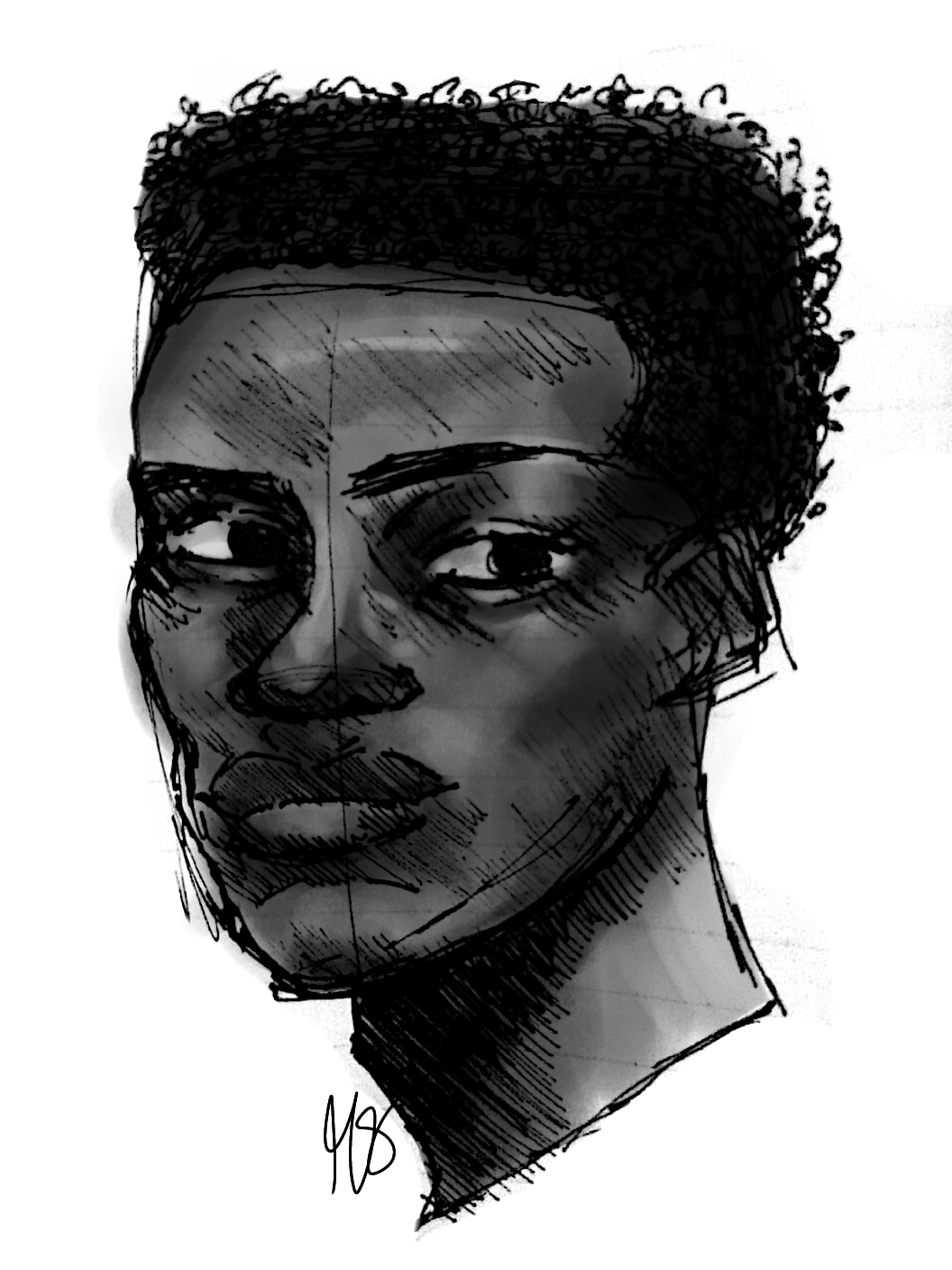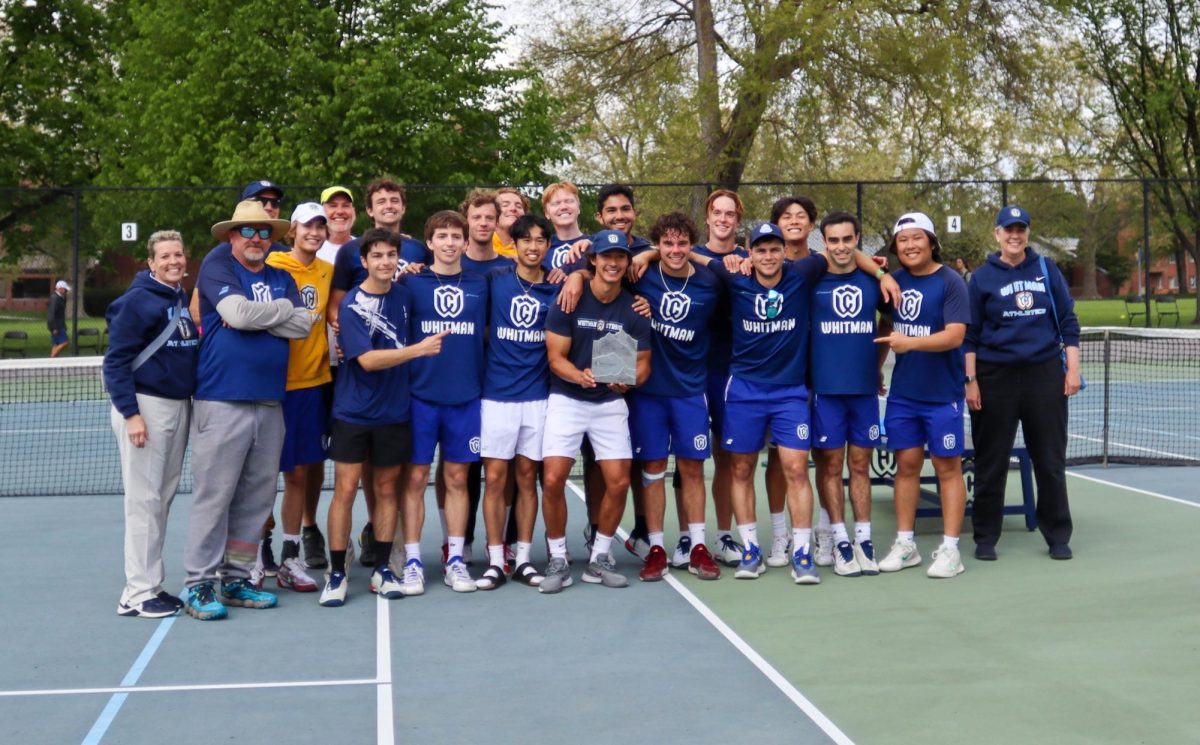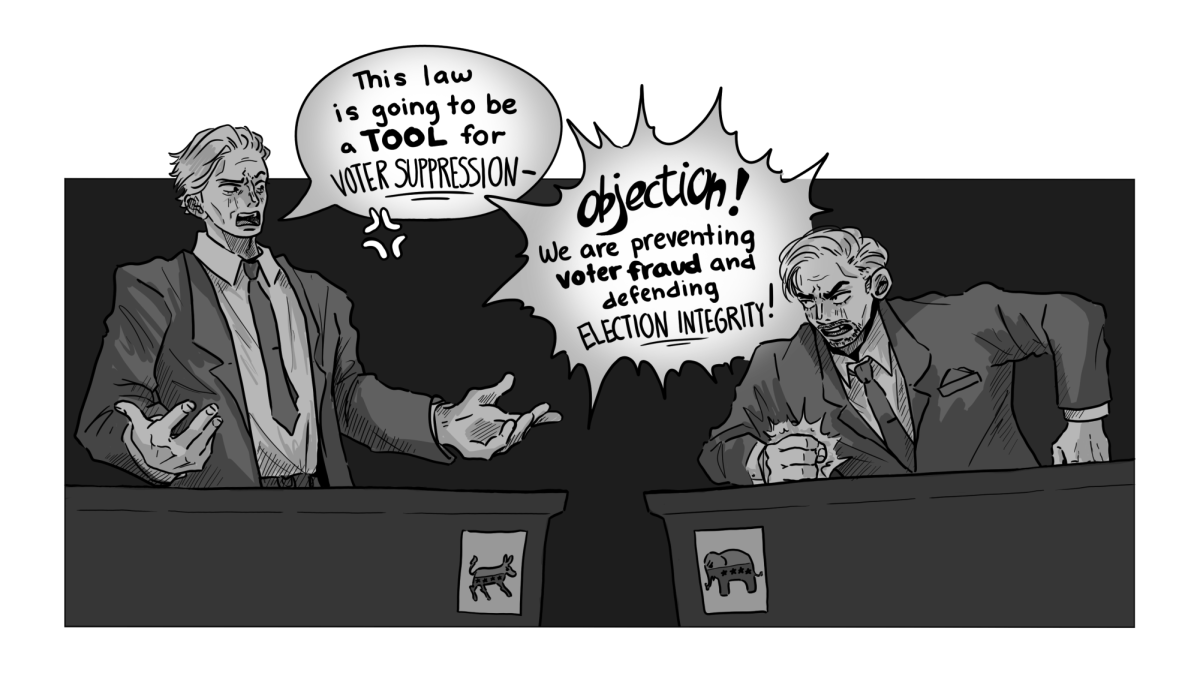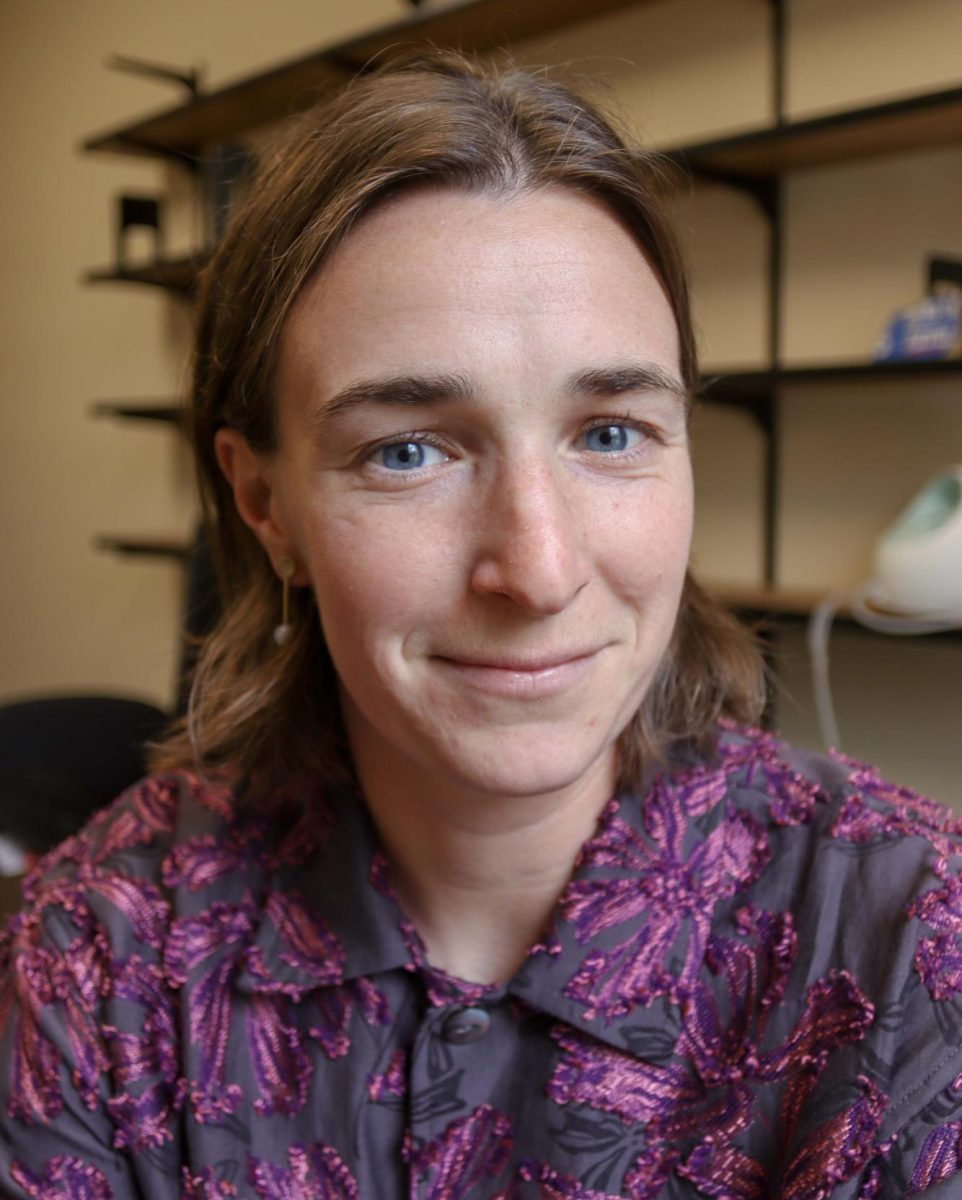
In celebration of Black History Month, the Intercultural Center is hosting five social events open to the campus community. These included a Family Feud game night on Feb. 8, a multiracial mixer on Feb. 12, a movie night on Feb. 14, a Black-owned business fair on Feb, 22 and a screening of Spider-Man: Across the Spider-Verse on Feb. 29.
These events are meant to help all students feel at home at Whitman, according to Intercultural Center Director Tebraie Banda-Johns. Banda-Johns and the Intercultural Center hope that students can come from these events with a feeling of strength in their own identities and to make friends and have fun.
Tenzing Thokmai, an international student from India, compared Whitman to an international school he attended called United World College.
“The atmosphere [at UWC was] very much focused on diversity … the [school’s] mission is to create a diverse community. So they encourage [us] to make friends with different races. And since everybody lives in the same dorm, you naturally form a friendship,” said Thokmai.
Thokmai says that the numerous current Whitman students who attended UWC brought the UWC tradition of “Africa Week” to Whitman in the form of a Fall event called “Taste of Africa.”
“We want to make sure that our students who identify with [Black] culture feel affirmed and valued … sometimes students feel like they can’t call Whitman their home,” Banda-Johns said. “[It] isn’t just for Black students. It’s for everyone … hopefully, friendships are forming because of our programming.”
The multiracial mixer, for example, is for students of multiracial identities to talk about their experience being multiracial. The movie on Feb. 14 will screen a film about two Kenyan girls falling in love. This month’s events, themed around Blackness, are designed to help students find community and break down social walls around race.
“Once we have a better understanding of each other, we can create an environment where we can all come together fully,” Banda-Johns said.
Banda-Johns would like more students to know about the Intercultural Center programming, but also knows that students who have their own groups may not need events.
“I do want more students to know what we’re doing. But also, not all students need our events … some students already have their friend groups,” said Banda-Johns.
Banda-Johns has big dreams for intercultural development at Whitman. Down the line, he hopes each identity will have a space for itself. Banda-John’s alma mater, California State University Fullerton, has individual resource centers for African-American, Latinx, queer, undocumented and Asian-American Pacific Islander students. Banda-Johns dreams about bringing such spaces of validation to Whitman.
The College is also working on the Third Space Center, a facility designed to be a safe space for students of color at Whitman, which will open in March. The house is on Boyer across the parking lot from the Glover Alston Intercultural Center.
Banda-Johns brings his college experience with him to his Intercultural work at Whitman.
“Back when I was in college, one of the things that was really formative for me was [a] group [of] Black students and Black staff … it was all Black men … That was really helpful for me and my own Black development … to see the diversity of Black men and to see how we’re all different and yet we have a commonality that we share as well,” Banda-Johns said. “I hope to bring that same energy into the work that I do here in that we are all diverse and within our different cultures that we hold.”
First-year Joseph Capko says that learning about slavery in school “was always a gut-wrenching thing.” Instead, Capko emphasizes teaching and learning about Black leaders of music.
“So many of our community’s leaders are musicians, so telling the story of Black art and Black musicians who paved the way is important because every aspect of American music, like jazz, rock, all that shit, with all due respect, white people did a good job, replicating, but Black people were the originators of popular music in this day and age, regardless of which genre you want to poke at, because we’re everywhere, man,” Capko said.
“Black History Month should[n’t] be a thing … Black History should just be taught all throughout the year,” Capko said.





